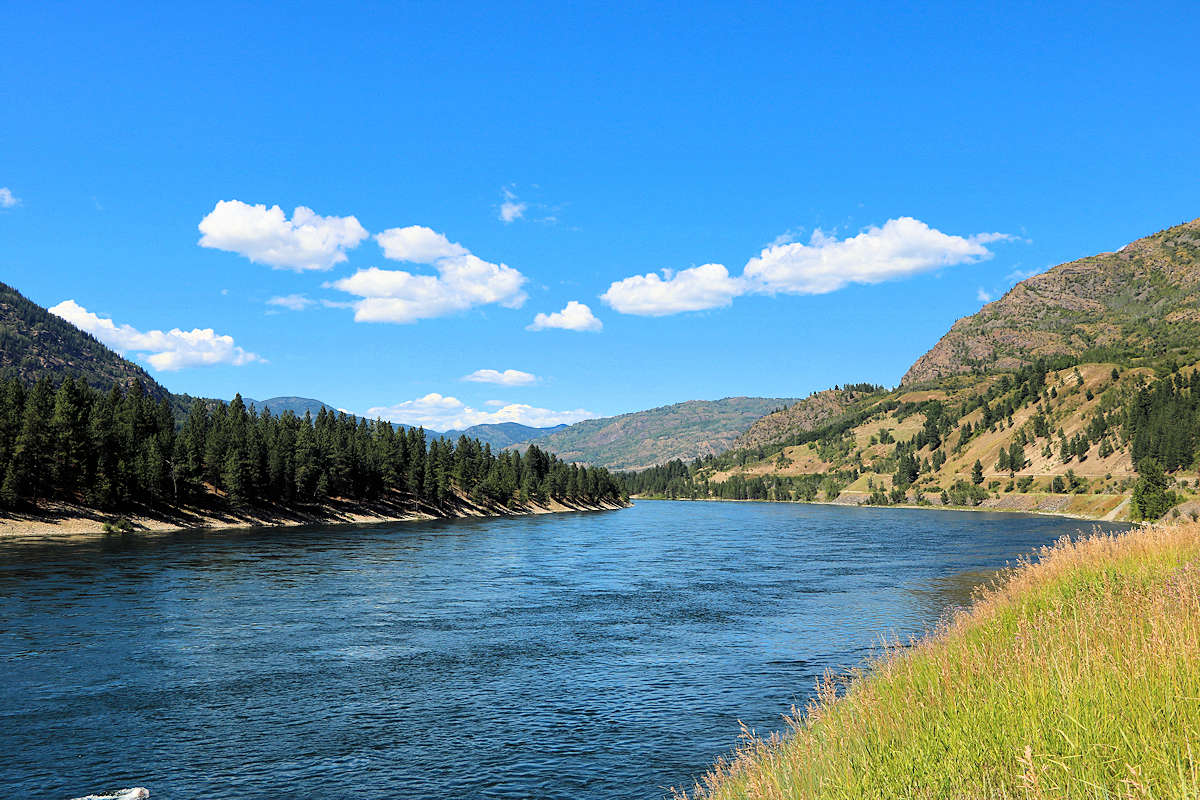BC Rivers Day & World Rivers Day
The Columbia River has been a lifeline for Greater Trail communities, providing a vital resource for recreation, agriculture, power and industry in the West Kootenay and beyond.
For the past 43 years, BC Rivers Day has been a driving force for river rehabilitation, rallying communities and prompting governments to convince industry to stop decades of industrial pollution, to clean up rivers and remediate the lands around it, for dams to regulate its flows, and forestry practices to change.
There is much to be done, but without the initiative, there would be no world class fishing enjoyed by many residents and visitors to the Columbia; and to keep them coming back, WeSportFish proudly supports it.
On September 24, Trail residents are invited to celebrate BC Rivers Day by helping clean up the shores of the Columbia River starting in Gyro Park in Trail.
“Join your neighbours as we celebrate everything that the Columbia River provides our community through biodiversity, recreation, beauty, and renewable energy!” said Neighbours United, a local group leading the way for BC Rivers Day.
Neighbours United asks residents to meet at Gyro Park at 11 a.m. and work downstream towards the Victoria Street Bridge until approximately 4 p.m. Snacks, gloves, and bags will be provided. Long pants are recommended.
BC Rivers Day participants will be joining millions around the globe that are marking World Rivers Day on the same day.
“World Rivers Day strives to increase public awareness of the importance of our waterways as well as the many threats confronting them,” said Mark Angelo, founder of both BC and World Rivers Day and Chair Emeritus of the Rivers Institute at the British Columbia Institute of Technology.
The drastic change in climate causing drought and rampant wildfires have further imperiled rivers across BC including the Columbia. The record low levels of the Arrow Lake Reservoir have been tough on residents and the ecosystem where fish were recently found dead due to low levels and high water temperatures.
According to the B.C. Wildlife Federation (BCWF), past forestry practices are responsible for the dire situation we are now in.
“Because of fire suppression regimes that Smokey the Bear perpetrated on behalf of commercial interests, recent wildfires are hotter, more severe, and much harder to control than fires that occurred historically.”
The burnt forests will give way to precipitation and potential atmospheric rivers, which have caused flooding across B.C. in recent years. Government reports show that erosion, slides, flooding, and sedimentation increase after wildfires, which also create water repellant soil that leads to even more flooding and devastation caused by erosion and landslides.
The impact on rivers and aquatic species can be profound. BCWF suggests that as summers get hotter and drier and extreme precipitation events become more frequent, forest practices need to change in B.C., as well as increased funding for watershed management, and a program of controlled and cultural burns to reduce fuel loads and return forests and streams to their natural condition.
The BCWF members, clubs and volunteers contribute hundreds of thousands of hours each year to habitat and wetland restoration projects. They assess, restore, and monitor hundreds of wetlands, streams, and rivers, and engage in replanting efforts to restore riparian habitat at numerous locations each year.
Neighbours United is a project of the West Kootenay EcoSociety. Residents are encouraged to meet at Gyro at 11 a.m. for B.C. Rivers Day on Sunday, Sept. 24.







